
5 Books: Reading Race and Economics 5 Books: Reading Race and Economics
Joelle Gamble is director of the Roosevelt Institute Campus Network. “I became an economics nerd campaigning against tuition increases at the University of California,” she says. “I became engrossed in the intricacies of state tax policy—everything spiraled from there.” Here, she recommends five books elucidating race’s intersection with economics, accompanying “An Economic Program for #BlackLivesMatter.” WHERE WE STAND Class Matters by bell hooks Buy this book This essay collection draws on hook’s personal experiences instead of relying on purely theoretical arguments about poverty. She is especially critical of economically secure liberals and radicals who, she argues, choose to downplay the importance of class privilege in comparison with race and gender—a criticism that she illustrates with examples from her own years studying and teaching at elite institutions. Rather than putting class at the top of a hierarchy of oppression, however, hooks demonstrates the interlocking nature of race, gender and class in straightforward prose. ECONOMICS The User’s Guide by Ha-Joon Chang Buy this book Chang’s accessible guide to contemporary economic thought, complete with hand charts, transforms economics into a flexible tool for understanding the world around us. He acknowledges that the version often taught in school—narrow neoclassicism—is not the only way of thinking about economics. Once economic thought gets out into the real world, Chang demonstrates, the intersections with race become clearer. There is also a good deal of humor throughout the book, refreshing in a subject known for being dismal. THE NEW JIM CROW Mass Incarceration in the Age of Colorblindness by Michelle Alexander Buy this book This excellent book lays out the brutal efficiency with which the American legal system has constructed and upheld a cycle of incarceration and social isolation targeting people of color. The New Jim Crow does a particularly excellent job of describing the economic barriers that convicted felons face for years, and the stigmas attached to a criminalized population. Through detailed explanations of pivotal court cases and policy battles, this book argues that the criminal-justice system renders many Americans second-class citizens. THE DIVIDE American Injustice in the Age of the Wealth Gap by Matt Taibbi Buy this book Taibbi’s sharp reporting reveals which Americans are labeled “criminal” and subjected to the social and economic exclusion that comes with the term—disproportionately poor people of color, in contrast to wealthy, white-collar wrongdoers. He assesses how our under-resourced processing systems, prosecutors’ use of petty (often erroneous) charges, and perverse incentives for law enforcement ensure the perpetual harassment of impoverished communities by the police. Taibbi paints a compelling picture of how the economy and the criminal-justice system are linked and, at times, codependent. THE PRICE OF INEQUALITY How Today’s Divided Society Endangers Our Future by Joseph E. Stiglitz Buy this book Today’s inequality is the result of moneyed interests using public policy as a tool to guard their wealth, argues the economist Joseph Stiglitz. He demonstrates that income inequality results from political activity rather than an “invisible hand,” thereby pointing toward aggressive policy solutions for lifting up those at the bottom. Because people at the top of the economic ladder are disproportionately white, Stiglitz’s arguments about economic justice illuminate the nexus of race and economics and must play a part in any conversation about achieving racial justice.
Jan 7, 2015 / 5 Books / Joelle Gamble
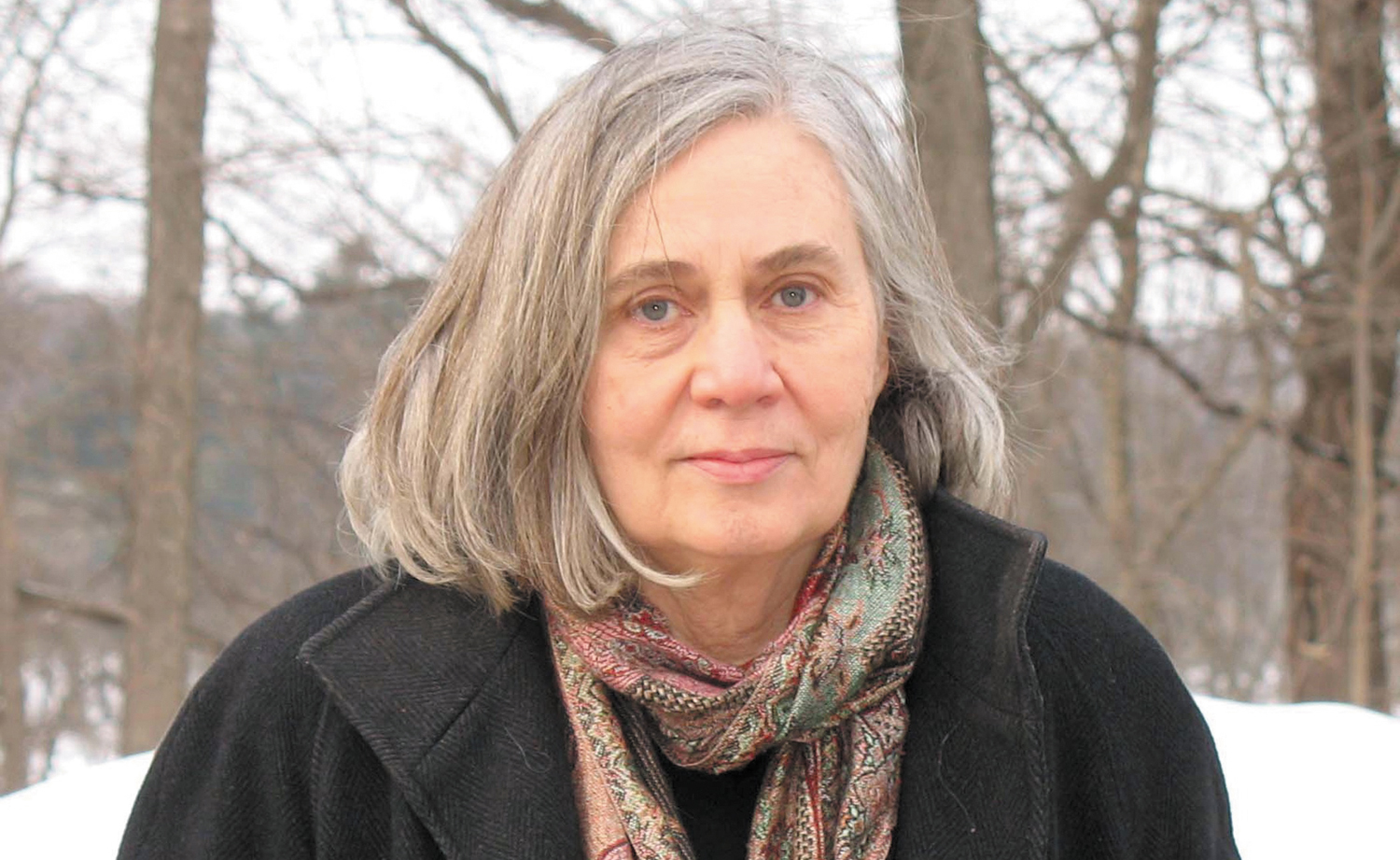
Faith and Suspicion: On Marilynne Robinson’s ‘Lila’ Faith and Suspicion: On Marilynne Robinson’s ‘Lila’
The novelist offers an elegant answer to the question, “What is it to be human?”
Jan 7, 2015 / Books & the Arts / Roxana Robinson
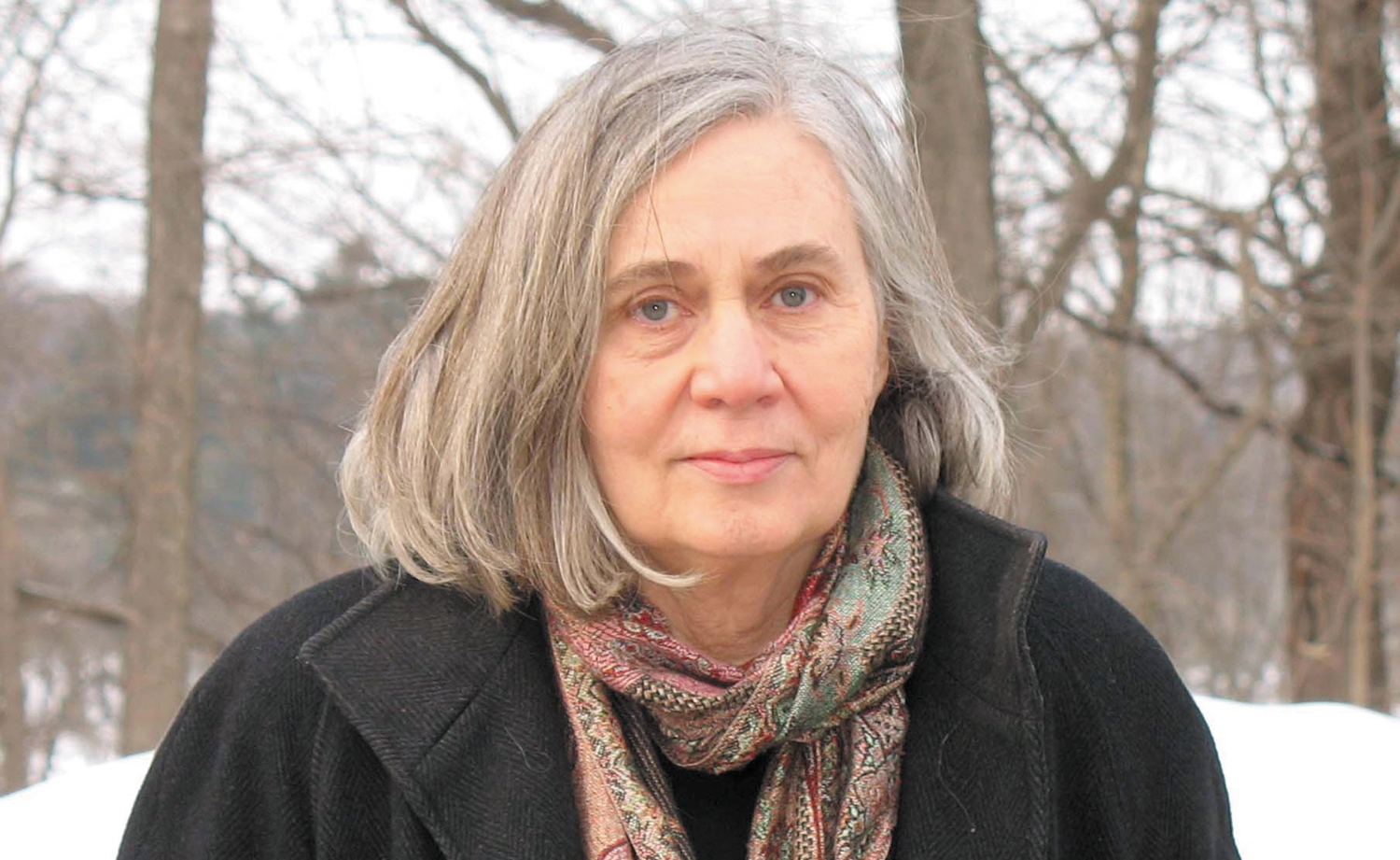
A Conversation With Marilynne Robinson A Conversation With Marilynne Robinson
The novelist talks about liberalism, the language of fiction, and the humanism of John Calvin.
Jan 7, 2015 / Books & the Arts / The Nation
Gunboy Gunboy
killing the child said became like drinking water clean or clean enough though one says that one is part of everything there is a conflict there is a resistance involved this for that that life for this a finger to the lips or to the trigger the revolver is vulgar in the boy’s hands decorated with beads the weapon turns over like a word on the tongue bella bellum the war of all against all the beauty of all against all to emerge from emergency form out of force equal to all those bodies bathed in that free water
Jan 7, 2015 / Books & the Arts / Beth Bachmann
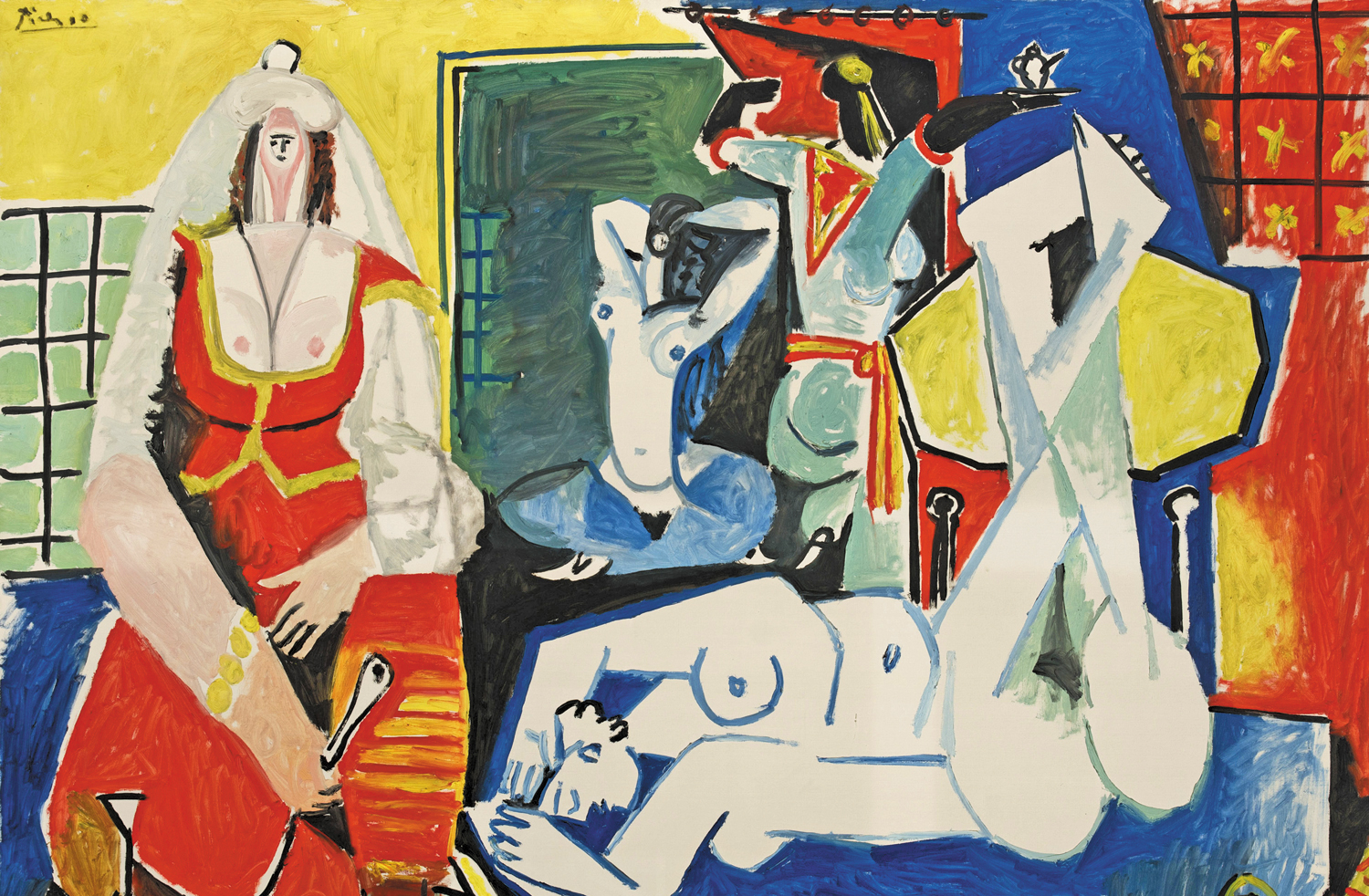
The Picasso Variations The Picasso Variations
Why the painter’s late work veers from the sloppy to the sublime.
Jan 7, 2015 / Books & the Arts / Barry Schwabsky
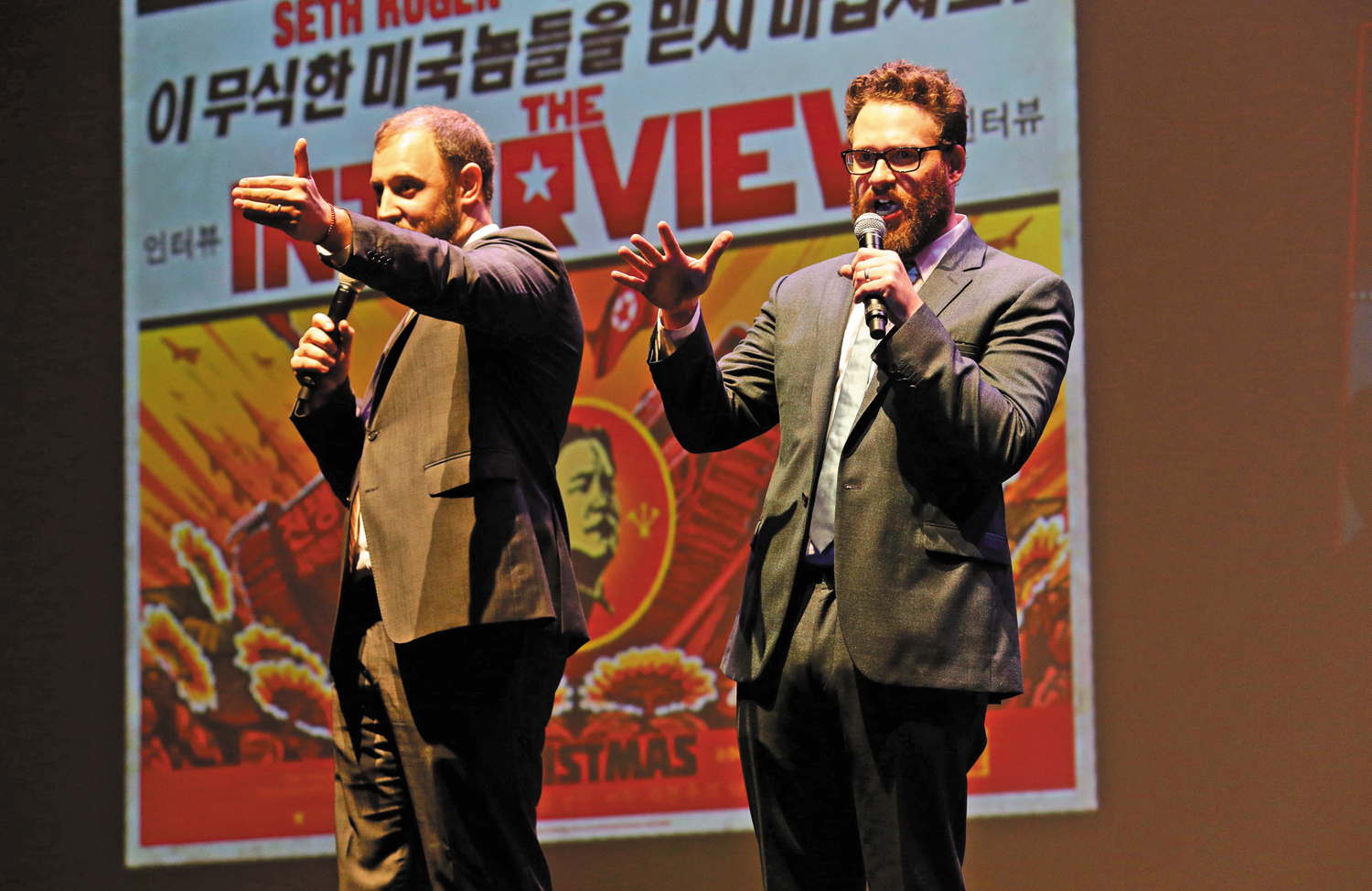
Censor This? Censor This?
The bogus moral outrage over The Interview.
Jan 7, 2015 / Books & the Arts / Joshua Clover
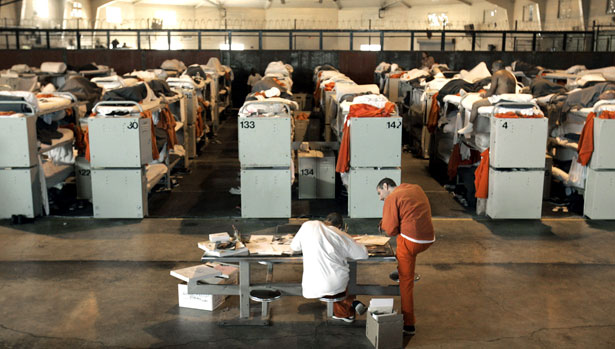
How White Liberals Used Civil Rights to Create More Prisons How White Liberals Used Civil Rights to Create More Prisons
In their quest to wipe out extra-legal racial violence, white liberals created a system that continues to kill black people—legally.
Jan 6, 2015 / Books & the Arts / Vicky Osterweil
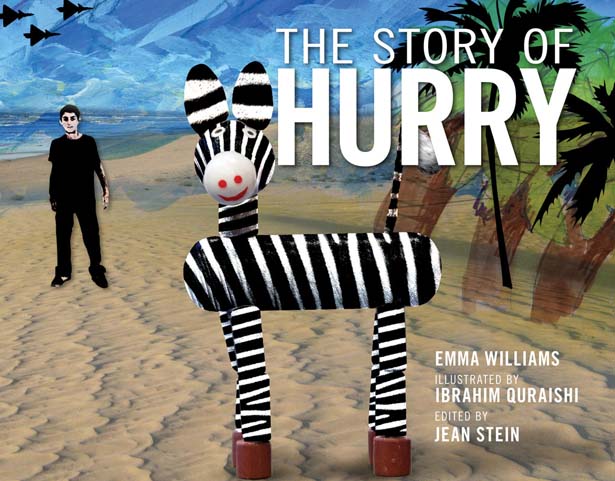
‘The Story of Hurry’—a Children’s Book that Brings Gaza to Life ‘The Story of Hurry’—a Children’s Book that Brings Gaza to Life
In this uncommon book by Emma Williams, Jean Stein and Ibrahim Quraishi, a donkey tries to cheer Gaza’s traumatized children—by becoming a zebra.
Dec 24, 2014 / Books & the Arts / Lizzy Ratner
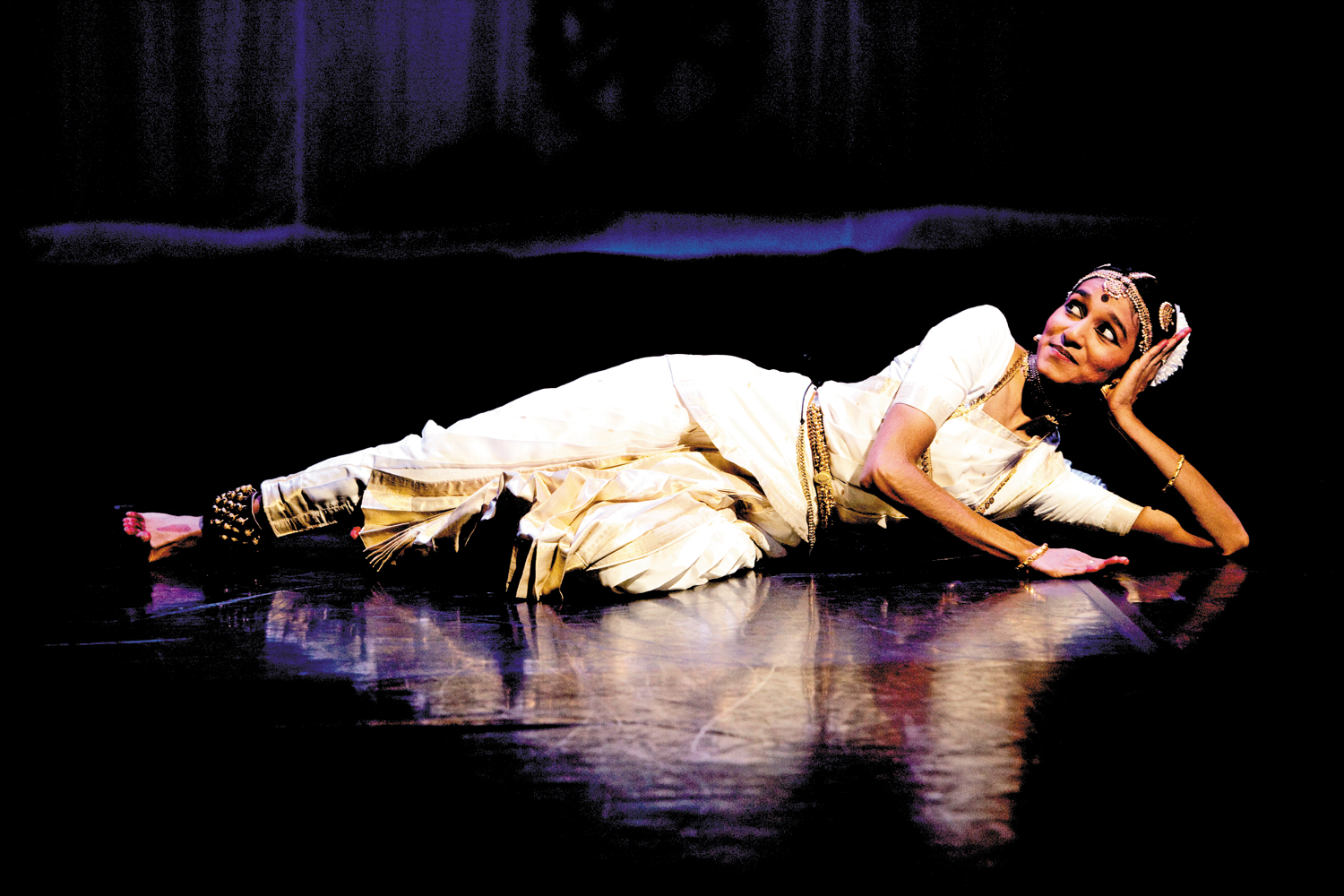
Dancing With Shiva Dancing With Shiva
Shantala Shivalingappa smolders as she dances the lives of the gods.
Dec 23, 2014 / Books & the Arts / Marina Harss
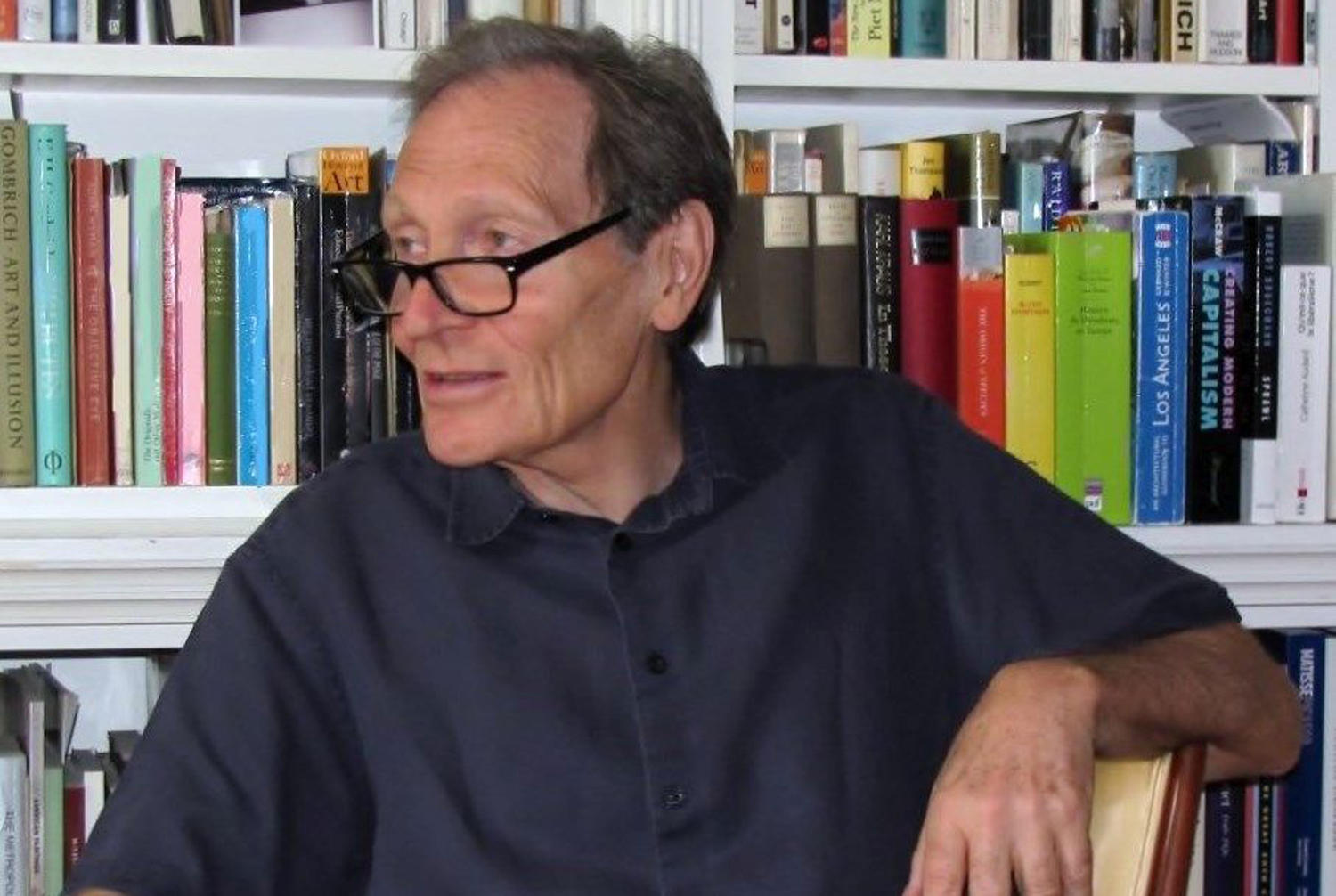
Liberalism Doesn’t Start With Liberty Liberalism Doesn’t Start With Liberty
In Edmund Fawcett’s new history, liberalism begins with capitalism and revolution.
Dec 23, 2014 / Books & the Arts / Katrina Forrester
